I don’t mean to criticize critics, but ever since someone complained that my ice cream book had “…too many dairy recipes” I stopped reading reviews. Most of us write books because we have something to say; we don’t write them for reviewers. When I write a cookbook, I imagine someone standing at the counter in their kitchen, cooking and baking from it. Which is why I love to write headnotes, the notes before a recipe because it’s a great place to communicate to readers, with some helpful intel, such as how and why I came up with the recipe, any special tips for making it, and why I think they (or you) should make it too. Shortly after I moved to Paris, a number of people wrote to me and said I should write a book about moving here. So I wrote The Sweet Life in Paris. I was younger and greener at the time, and I’d never lived outside of my country of birth. France has a definite mystique around the world; some love it and others can leave it. Being a jovial sort of guy, I found a lot of things here funny, while others perplexing. I came from a country that’ss result-focused whereas France is more process-oriented, and it took a while to adjust to that. I was also from a culture that was used to saying “Yes” and wasn’t used to hearing, “Non.” (Which has changed a lot in the last 5 or so years in France.) I’m going to let you in on a little secret: Everyday isn’t perfect in Paris. Yes, we’ve got amazing cheese shops, bakeries almost on every corner, beautiful buildings line the avenues and boulevards, and I met a friend last week at a well-regarded natural wine bar and the wine was only €6/glass. So there’s a lot to love. On the other hand (sorry!) there are loud motor scooters, unending reams of paperwork, wincingly-bad coffee in cafés, and no shortage of pessimism and complaining, which some consider a national sport…  Coming from somewhere where complaining is considered a fault, in France, as a French journalist pointed out, it’s something that brings everyone together in France and not considered a fault. And in many ways, it’s a positive trait as it means you’re exigent, or discerning and there are even special words for people who do it so frequently, it’s almost a way of life: râler and râleuse. So if you didn’t like the cheese you bought, it’s okay to tell the seller the next time you go in. They won’t refund your money (after all, it’s France…) but they will guide you to another cheese that you might like because they are proud of what they do and want you to appreciate their cheese. Because, after all, that’s France, as well. Now that I’ve been here for nearly two decades, I’m much more comfortable fitting in, and fit in because I’m known to râle on occasion, too. And now that I’m living in a different neighborhood, I went to Le Baron Rouge, a neighborhood wine bar, where they sell wine en vrac, direct from the barrel. You can bring your own bottle or they have ones you can leave a €1 deposit on. It’s been years since I’d been there and after the fellow filled my bottle with Morgon (€9/liter) from the barrel, after he capped it, I struck up a conversation with him, and said that the first time I went in there (back around 2003), I asked for some mustard to go with the charcuterie plate we ordered to go with our wine. The guy serving customers barked back at me, “Our charcuterie is too good to put mustard on!!” And went back to what he was doing. Coming from a culture where if someone yells at you, they’d probably get fired, I was completely embarrassed by the confrontation. But I’ve since learned in situations like that, you say something funny as a retort and hope your joke lands, and don’t let it bother you. When I told that story to the guys who work there now, they were literally doubled over in laughter, especially when I told them I’d just arrived in Paris and I was profoundly mortified by my gaffe. And here I was, now laughing at it too. The cultural differences have intrigued me from day one, which I’ve embraced because I didn’t have any choice. (Unless I left.) While there’s a lot going on in the world, I’m happy to be able to celebrate and laugh at them, and write about them—the good, the bad, the delights, the dastardly, and the delicious,
While I’m bidding farewell to summer fruits, our fig tree really burst forth last month, with lots of fruits, ready for the picking. We are still figuring out how to deal with pilfering birds and other wildlife in our yard as realized that we’re not the only ones enjoying the garden. We also were treated to a show the other day during breakfast of two mice having a frenzied, um, tryst, right in front of us, as we were enjoying our morning coffee. I wanted to say, “Hey you two, get a room…” but realized that phrase was one cultural difference that would be hard to explain, in French, to Romain. With the cavalcade of figs, I made several batches of Fig-Pineapple Jam, a recipe I made up a few years back, but finally wrote down to share in my newsletter, in case you have fresh figs. If you live somewhere where fresh figs are precious and few, it’s a great recipe as the pineapple extends your bounty and can be halved, if you only have a pound (450g) of figs. We spent almost every day this summer eating outside but now it’s colder and our apple tree has dropped its four (4) apples*, we’re mostly inside from the season, although the sun came out so we could do an IG Live of my market haul: Fortunately we’ve got lots of Fig-Pineapple Jam for breakfast to get us through the year, and to remind us of this past summer, and I’ll be at the marché looking for pears, apples, and persimmons this month, also bringing in my empty wine bottles to be refilled, now that I’m back in their everybody’s good graces around here. -David A Few Notes…-My friend, Ann Mah, just released her new novel, Jacqueline in Paris, the story of Jacqueline Bouvier, who later became known as Jacqueline Kennedy Onassis, and her year in postwar Paris. As Ann wrote:
Ann recently is recovering from a health issue, and I’m happy to help her get the word out about her new book. So if you’re looking for a Fall read, consider picking up a copy of Jacqueline in Paris. -I’ll be chatting with Aleksandra Crapanzano about her new book, Gâteau: The Surprising Simplicity of French Cakes on October 6th. (There’s a very spot-on, observation about me in the book😉.) The chat is free and you can sign up at the Book Larder website, and order her book from them, too. -Emily, who works with me (and writes A Week in Paris), has published her online guide to the 6th arrondissement in Paris, with over a hundred of her favorite addresses. I live on the other side of the river but Emily has given me plenty of reasons to go over there! -It was announced that after 46 years, Denise Acabo (above) has finally closed her iconic chocolate and candy store in Paris, À L’Étoile d’Or, and retired. I loved going into her charming shop, which invariably turned into a 2+ hour visit(!) But what fun we had chatting and tasting chocolates. She made Paris a much sweeter place and her presence will be missed by her many fans, including me. -If you’re in Paris on October 1, talented chocolatier Sandrine Chappaz, who makes chocolates in the Chartreuse mountains (some of them flavored with the famed liqueur, and others with herbs from her garden) will be at Galerie SIX (76, boulevard St. Michel, 6th) in Paris from 10am to 8pm. More info on her Instagram page (below). Links I’m Liking-Here’s a recipe for Honey Madeleine adapted from The Ritz in Paris. (Saveur) -Paris gets its first non-alcoholic wine shop. (NPR) -At 86, Jacques Pépin ain’t slowing down: A look inside his home & kitchen. (NYT/unlocked) -Cookbook author J. J. Goode makes a case against “season to taste” in recipes. (New Yorker, possible paywall) -Adding jalapeños to rosé? Yes says Bon Appétit. Me, I’m not so sure… (h/t Beckster) -Crémant: The unsung, other French sparkler. (Food & Wine) -I chimed in on the French favorite, Bonne Maman jam, the classic, and why it endures. (Taste) -Doritos Furikake anyone? (Food52) -Is two-buck Chuck the ‘wine of the people’…or a cultural wedge? (NYT, unlocked) -I was wowed by the performances of Austin Butler and Tom Hanks in Elvis. Elvis Presley gave his all to the music, and to his fans, passing away at 42. His manager, who helped make him a star took a whopping 50% cut of his income and didn’t do quite a few other things in Presley’s best interest. Later in his life, Elvis became somewhat of a punchline, which overshadowed his previous work and his brilliance as a performer and musician. This film shows why he was, and will always be, a legend. Hearing his music again—and knowing the story behind his songs—gave me a renewed appreciation of him. It’s playing in theaters now in France and streaming on HBO Max. (For those looking for a VPN, I recently switched to Strong/affiliate link.)  Favorite Apple Desserts for FallYes, it’s apple season, and here are some of my very favorite recipes for baking with them… Tarte fine aux pommes is the simplest of all French apple tarts and the one that Parisians line up for at bakeries in the fall. I’ve created a recipe that’s easy to make at home, with buttery ‘express’ puff pastry…that’ll quickly take you to your apple destination with speed, and ease. It’s simply a stunner. Inspired by a Paris bakery that won the award for the best Tarte Normande in town, this custardy apple tart is made with crème fraîche (or fresh cream), and spiked with Calvados, the apple brandy that’s a specialty of the region, and gives it a double-dose of apple goodness. Our friends in Germany know and love their apples, too, and this almond-scented German Apple-Almond cake from my friend Luisa Weiss, who lives in Berlin, is a fall fave in my kitchen in Paris. If you’re not up making a crust, this Apfel-Marzipan-Kuchen doesn’t require one. Dorie Greenspan’s French Apple Cake perfectly fits the apple cake bill in Gallic fashion, and is also crust-less. Romain brought leftovers to work and two co-workers said it was the best apple dessert they’ve ever had! Based on a tart that Jacques Pépin made with us in the pastry department at Chez Panisse, I’m not exaggerating when I say that this is the tart that launched the galette movement, which spread across the country. (Merci, Jacques!) This double-crusted Apple Crunch Tart is the French version of apple pie, but with a lot more crunch. Believe me, none of your guests will leave a flake of this crust behind on the plate. *The apple tree in our backyard only gave us four apples this fall, which fortunately, the birds don’t seem to have a taste for. Each apple was huge, clocking in at nearly a pound (450g) a piece. So I spent less time peeling, and more time enjoying the apple tart I made with them last week. In Memorium: Fritz StreiffLastly, many of us were recently distraught at the passing of our very good friend, co-worker, and part of the extended Chez Panisse family, Fritz Streiff. If you’ve ever read or used one of the Chez Panisse cookbooks, Fritz played an important role in most of them. He was one of the early cooks at Chez Panisse, starting well before I was there, and later became a host and maître d’, par excellence. I got to work with him for many years while I was in the kitchen, when he was in the dining room, then years later when I wrote my first two cookbooks. My editor, rightfully, insisted that this newbie work with a pre-submission editor and she knew that if Fritz was on the project with me, the books would be well-written, well-edited, and the recipes well-tested, since Fritz was so talented and exacting as a writer and collaborator. Fritz sat beside me at my desk in San Francisco and taught me how to write a cookbook, literally going through my manuscripts, word-for-word, line-by-line, to make sure everything was just right. Fritz was so exacting (sometimes, too much) that he queried me about every step of every set of instructions. One particularly memorable one was when I wrote, “Butter a cake pan,” and he asked me, “Which side do you butter…the inside or the outside?” Of course, he knew the answer, but wasn’t sure if readers would. (I was pretty sure they’d know…) We’d debate for an hour, literally, whether there should be an em dash (—) or a semi-colon, and I’d sometimes have to go outside and take a break because my head was about to explode. But he genuinely wanted my books to be as good as they could be. In spite of our butting heads, he was hard not to love. He was extraordinarily intelligent, warm, had a great sense of humor, and everyone who was in contact with him has stories of his tenacity, brilliance, and above all, his charm. Someone shared their thoughts on Twitter, which sums him up perfectly:   I, and everyone else who had the privilege of working with Fritz, loved him dearly. Those of us who knew him, or were fortunate to be at a table when he stepped up to it, will miss him. -dl This newsletter is for all subscribers. Thanks for subscribing!
You’re a free subscriber to David Lebovitz Newsletter. For the full experience, become a paid subscriber. |
Saturday, October 1, 2022
October 2022 newsletter
Subscribe to:
Post Comments (Atom)


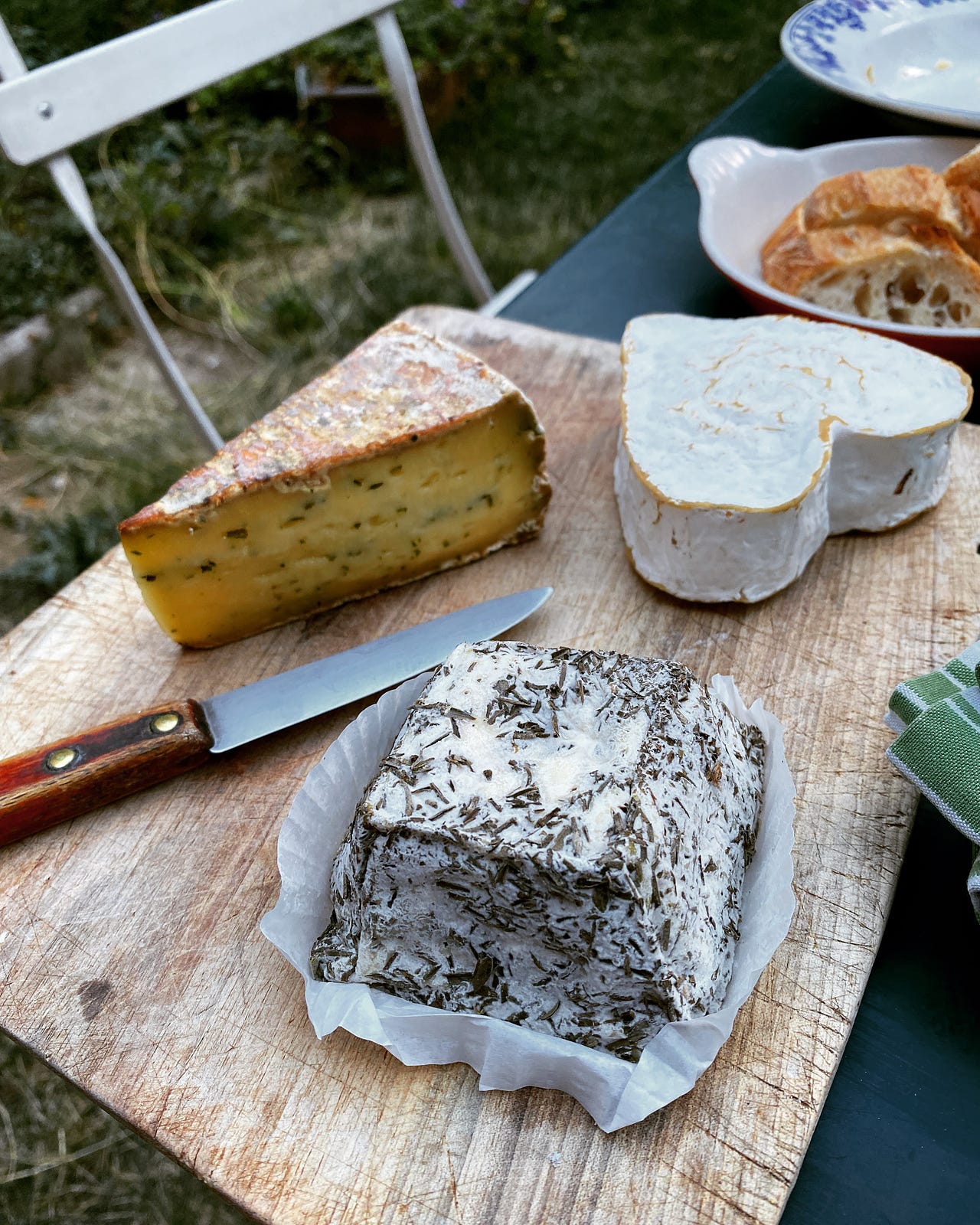




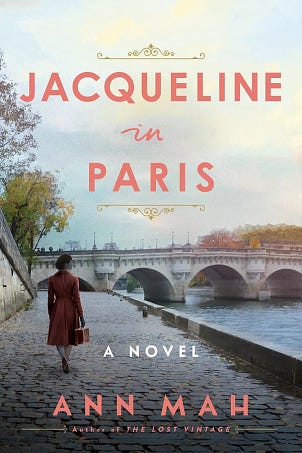

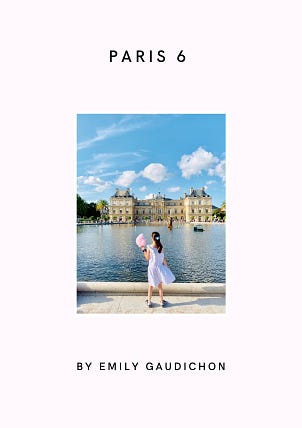
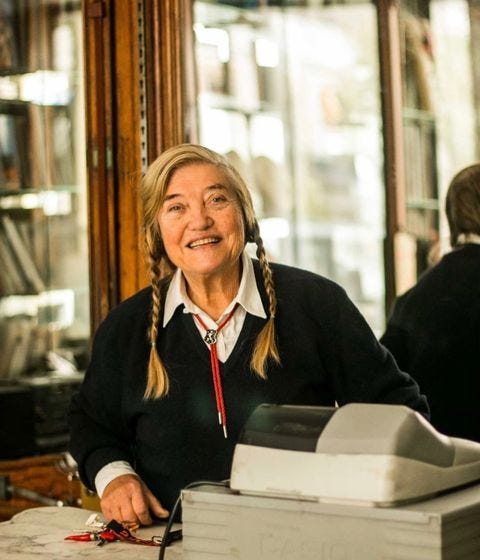


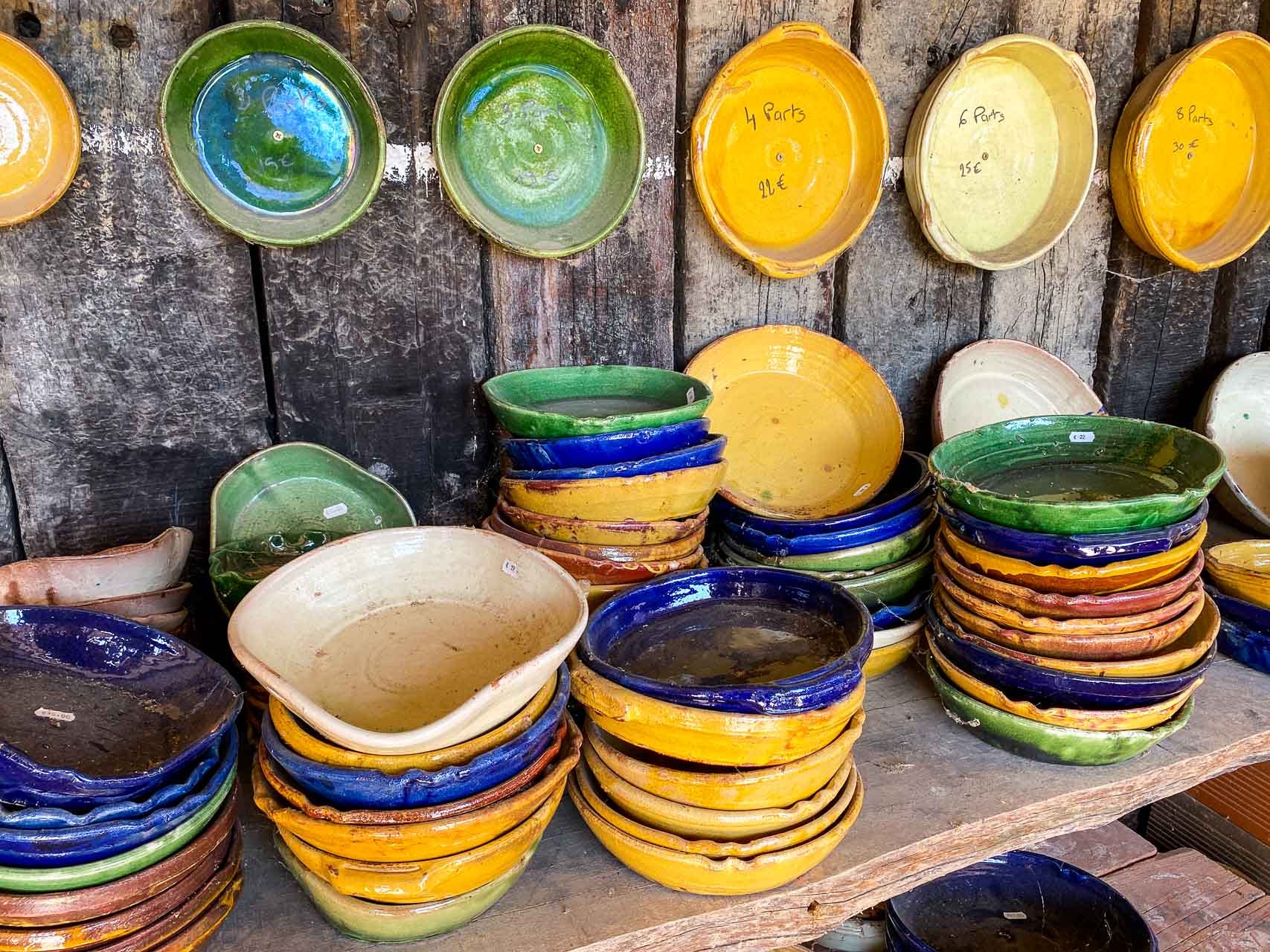



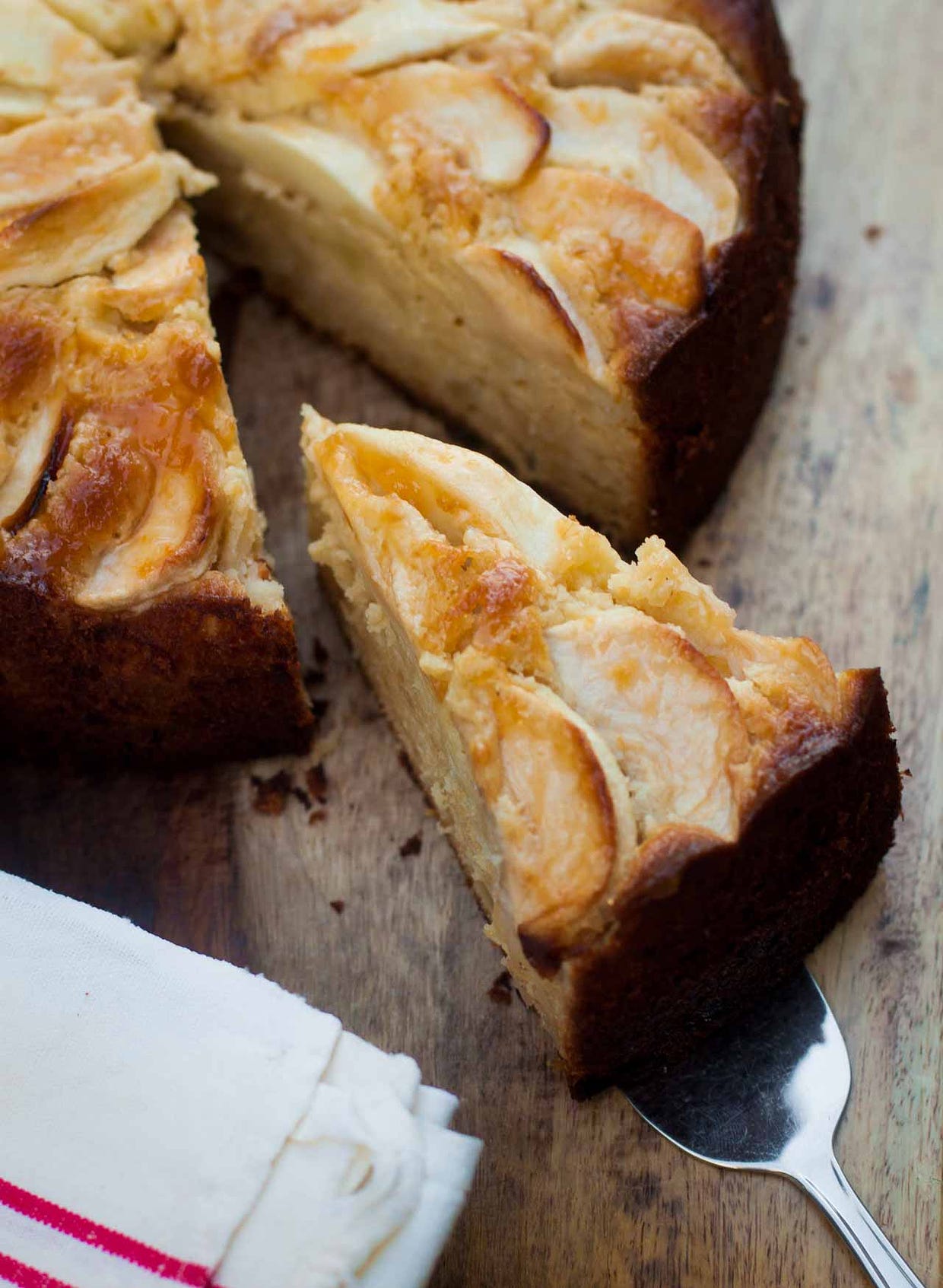

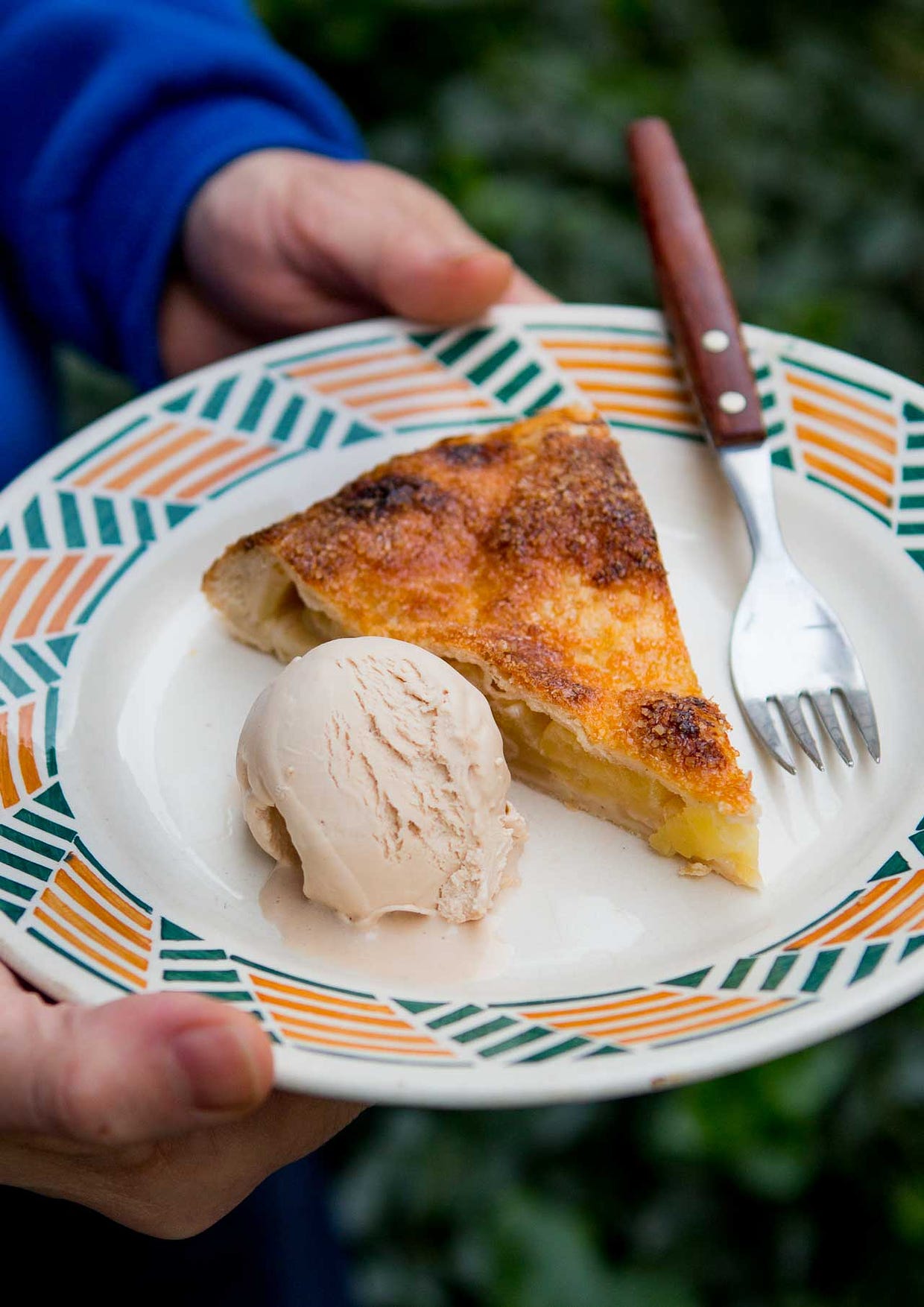
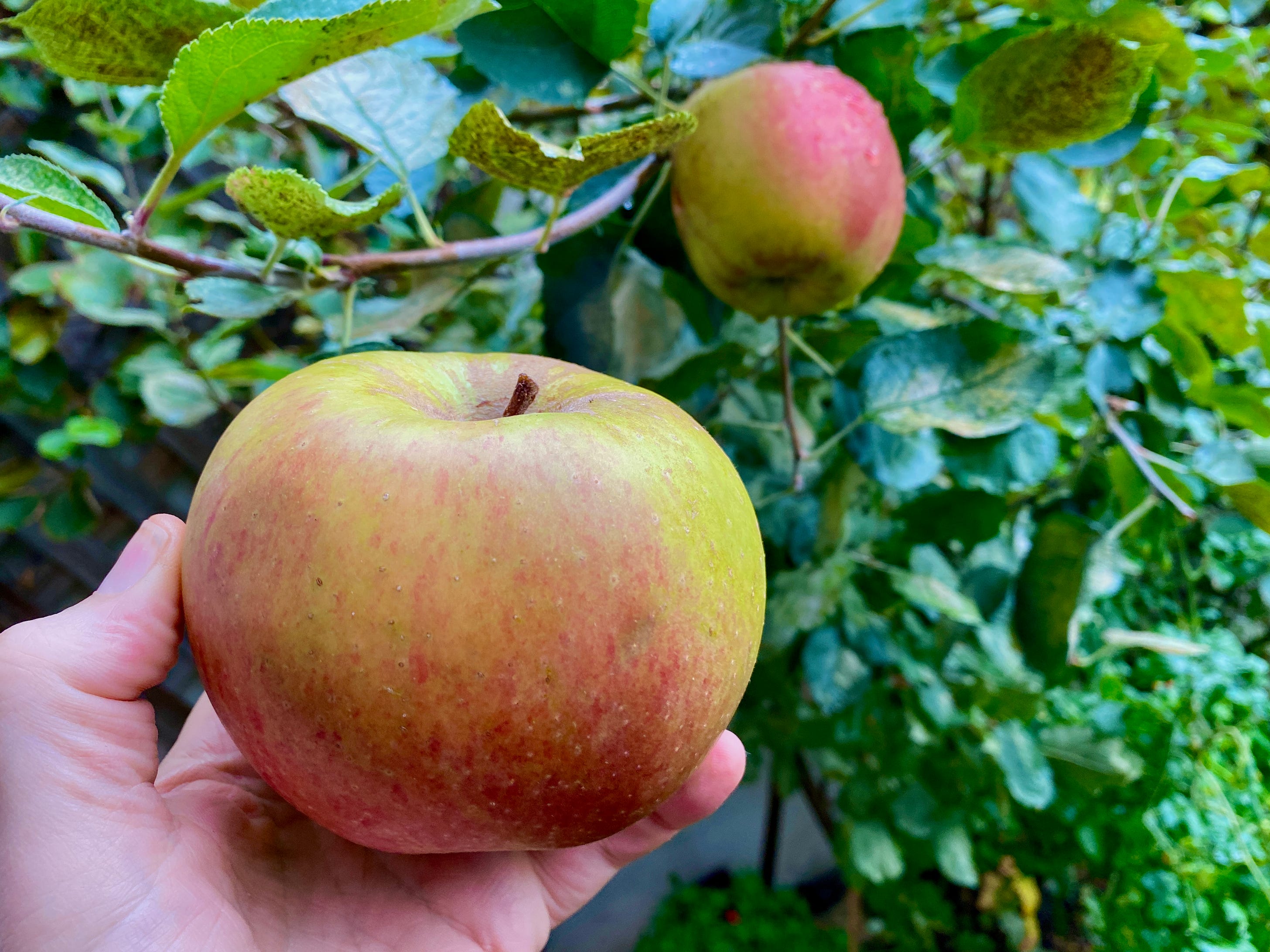


No comments:
Post a Comment